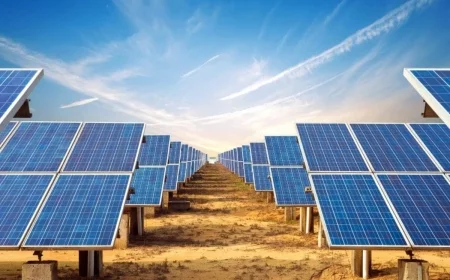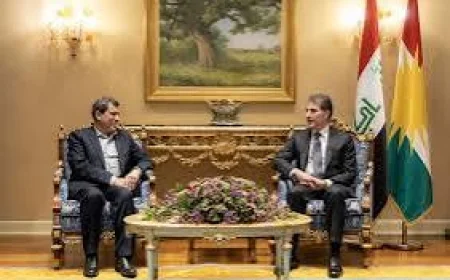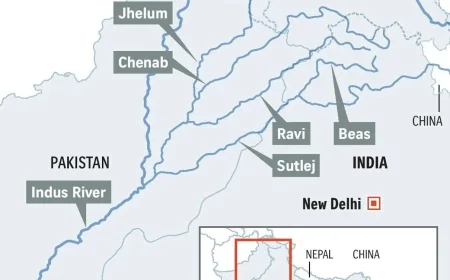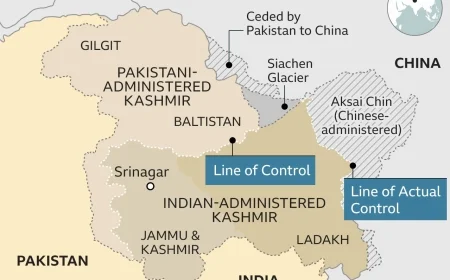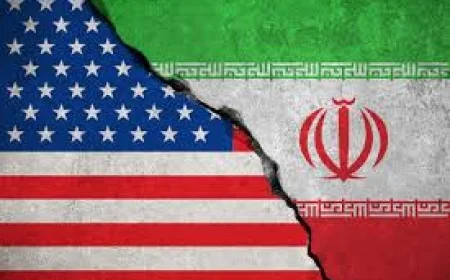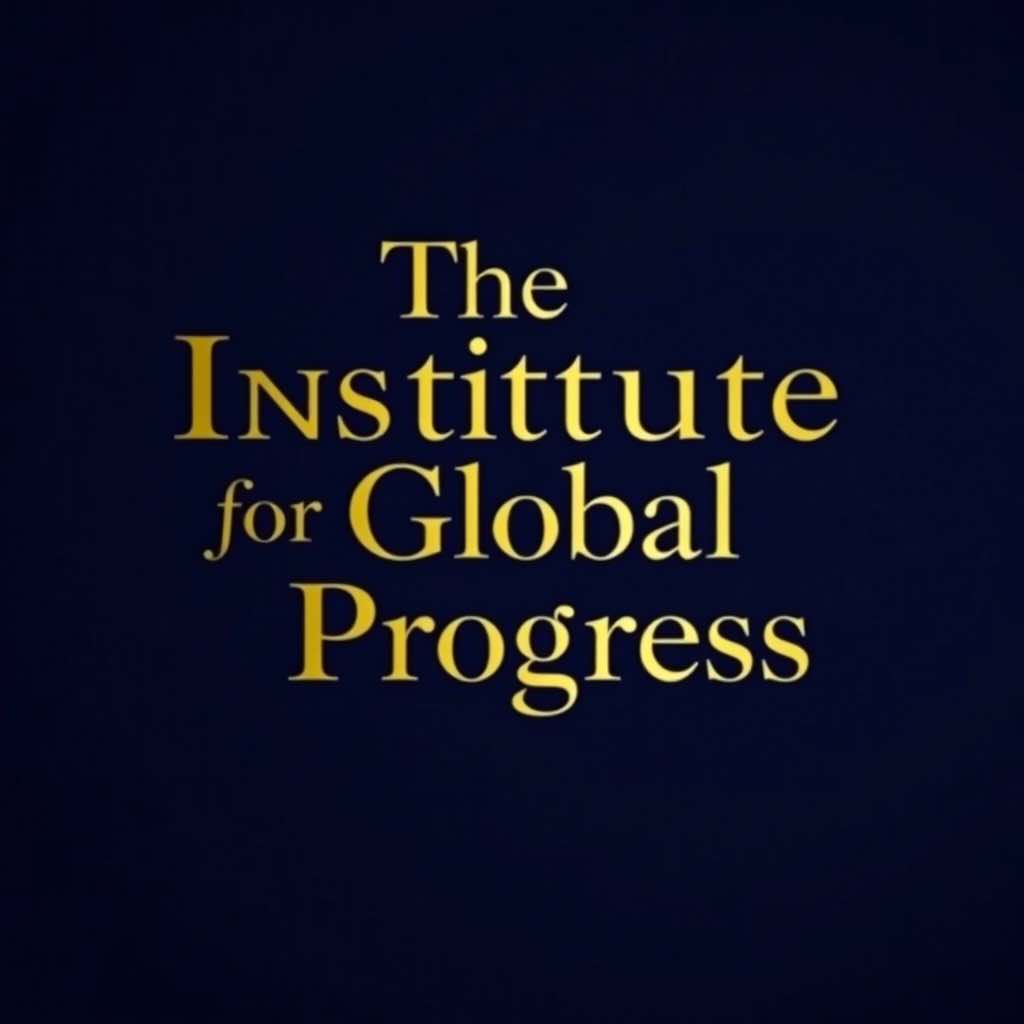Executive Summary
Recent restrictions imposed by China on the export of rare earth elements (REEs) represent a significant shift in the global geopolitical landscape with profound implications for defence capabilities, technological innovation, and economic security. This analysis examines the multifaceted impact of these restrictions, with particular focus on how the United Kingdom can leverage its strategic advantages to navigate this evolving challenge.
China’s policy changes come amid growing strategic rivalry with the United States and its allies, highlighting the vulnerabilities inherent in supply chains for critical minerals vital to advanced defence systems and clean energy technologies. While these developments pose challenges to Western technological supremacy, they also create opportunities for countries like the UK to establish alternative supply chains, develop domestic capabilities, and foster international partnerships.
Understanding Rare Earth Elements and Their Strategic Importance
Rare earth elements comprise 17 metals with unique magnetic, luminescent, and electrochemical properties that make them indispensable components in modern technology. Despite their name, most REEs are relatively abundant in the Earth’s crust; however, economically viable concentrations are geographically limited and extraction processes are environmentally challenging and costly.
These elements have become the backbone of advanced technological applications, including:
• Defence Systems: Precision-guided missiles, radar systems, night vision equipment, and communications technology
• Renewable Energy: Wind turbines, electric vehicle motors, and battery technology
• Consumer Electronics: Smartphones, computers, and other digital devices
• Medical Technology: MRI machines, surgical tools, and diagnostic equipment
China’s dominance in the REE market has evolved over decades through strategic investment and policy decisions. Currently, China controls approximately 60% of global rare earth mining and an estimated 85-90% of processing capacity, creating a bottleneck in global supply chains that Beijing can leverage for strategic advantage.
China’s Export Restrictions: Analysis and Motivations
The new export controls recently announced by China go beyond previous measures in both scope and potential impact. While officially framed as environmental protection measures and resource conservation efforts, these restrictions align with broader strategic objectives to:
1. Secure China’s technological advantage in industries reliant on REEs
2. Enhance leverage in geopolitical negotiations, particularly regarding Taiwan and territorial disputes
3. Respond to Western export controls on advanced semiconductors and other technologies
4. Develop greater economic security through control of critical supply chains
Beijing’s policy demonstrates sophisticated strategic thinking that leverages China’s comparative advantages while exploiting Western vulnerabilities. The timing of these restrictions—coinciding with heightened regional tensions and ongoing technological competition—suggests a carefully calibrated approach designed to maximise strategic benefits whilst minimising potential for unified international response.
Implications for Global Security Architecture
The immediate concern for Western powers centres on the potential degradation of military capabilities that rely heavily on these materials. Modern defence systems utilise rare earth elements in various applications:
• Neodymium, praseodymium, and samarium for high-strength permanent magnets in guided munitions and aircraft systems
• Yttrium, europium, and terbium for precision targeting systems and radar technology
• Lanthanum and cerium for night vision equipment and optical systems
Short-term disruptions could affect maintenance and production of existing systems, while long-term constraints might necessitate redesigns or alternative technological approaches. This creates particular challenges for naval and air capabilities that rely heavily on these materials.
The United Kingdom’s Position: Vulnerabilities and Strengths
The UK faces significant challenges but also possesses unique advantages in responding to this evolving situation.
Vulnerabilities
• Limited domestic production of rare earth elements
• Dependence on global supply chains for advanced technology manufacturing
• Economic pressure from rising costs of critical components for UK industry
Strategic Advantages
• World-class research institutions capable of developing alternative materials and technologies
• Strong diplomatic relationships across multiple regions including Commonwealth nations with potential REE resources
• Advanced financial services sector capable of mobilising capital for new mining ventures
• Leadership in international institutions that can coordinate multilateral responses
• Special relationship with the United States enabling coordinated strategic planning
Policy Recommendations for the United Kingdom
The UK is uniquely positioned to transform this challenge into an opportunity for enhanced national resilience and global leadership. We recommend a comprehensive approach encompassing:
1. Secure Alternative Supply Chains
• Expedite partnerships with Australia, Canada, and other Commonwealth nations with rare earth deposits
• Support private sector investment in processing facilities outside China
• Consider strategic stockpiling of critical materials for defence applications
2. Invest in Domestic Innovation
• Increase funding for research into recycling and recovery technologies for rare earth elements
• Support development of substitute materials and alternative technological approaches
• Establish a National Critical Minerals Strategy with clear investment priorities
3. Strengthen International Cooperation
• Lead diplomatic efforts to establish a “Critical Minerals Alliance” among like-minded nations
• Promote transparent trading practices and environmental standards in rare earth mining
• Enhance intelligence sharing regarding supply chain vulnerabilities
4. Develop Regulatory Frameworks
• Update defence procurement policies to prioritise supply chain resilience
• Create incentives for domestic companies to invest in rare earth processing
• Implement robust environmental regulations for potential UK-based extraction
Conclusion: Towards a New Equilibrium
China’s rare earth export restrictions represent not merely a tactical move in trade relations but a fundamental shift in how economic power translates to strategic advantage in the 21st century. For the United Kingdom, this development necessitates adaptive and forward-thinking approaches that address immediate vulnerabilities while building long-term resilience.
By leveraging its diplomatic influence, research capabilities, and strategic partnerships, the UK can help shape a more balanced global ecosystem for critical minerals. Through thoughtful policy coordination and private sector collaboration, what currently appears as a challenge to Western technological primacy can become a catalyst for innovation and a more sustainable approach to critical resource management.
The rare earths challenge exemplifies how traditional notions of security and economic policy are increasingly intertwined. Britain’s response will demonstrate its capacity to navigate an increasingly complex global landscape where resource access, technological innovation, and strategic autonomy are fundamentally connected.
The Institute for Global Progress provides independent analysis on emerging geopolitical and economic challenges. Our research supports evidence-based policymaking and strategic foresight for government and private sector leaders.

 Like
0
Like
0
 Dislike
0
Dislike
0
 Love
0
Love
0
 Funny
0
Funny
0
 Angry
0
Angry
0
 Sad
0
Sad
0
 Wow
0
Wow
0

